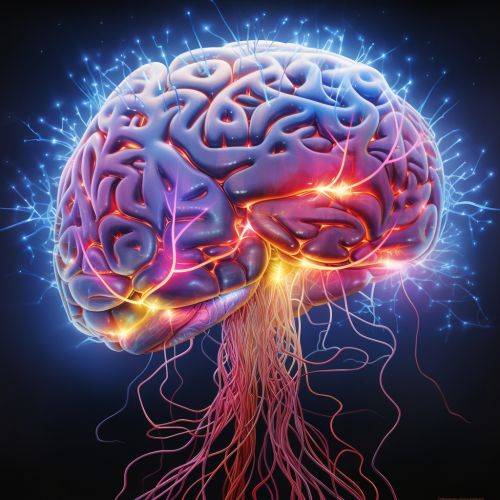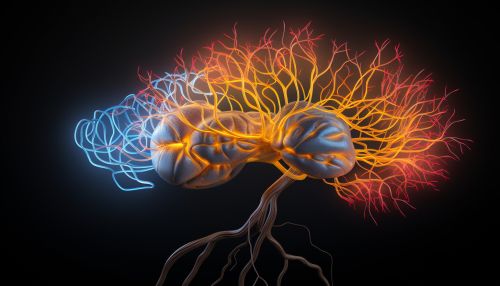Science of Human Brain Connectivity and Cognition
Introduction
The human brain is the most complex organ in the human body, and understanding its structure and function is the subject of extensive research. The science of human brain connectivity and cognition involves studying the neural pathways that connect different regions of the brain and how these connections influence thought processes, memory, attention, and other aspects of cognition. This field of study is often referred to as cognitive neuroscience.


Brain Connectivity
Brain connectivity refers to the patterns of links, or connections, between different regions of the brain. These connections can be physical, such as the axons that connect neurons, or functional, such as the synchronized activity between different brain regions. Brain connectivity is often studied using techniques such as diffusion MRI, which can visualize the white matter tracts that form the physical connections in the brain.
Structural Connectivity
Structural connectivity refers to the physical connections between different regions of the brain. These connections are formed by axons, the long, slender projections of neurons that transmit electrical impulses between brain cells. The collection of all axons in the brain, known as the white matter, forms a complex network of connections that is often visualized using diffusion MRI.
Functional Connectivity
Functional connectivity refers to the statistical dependencies between different regions of the brain. In other words, if two regions of the brain show synchronized activity, they are said to be functionally connected. Functional connectivity is often studied using techniques such as functional magnetic resonance imaging (fMRI) and electroencephalography (EEG), which can measure brain activity in real time.
Cognition
Cognition refers to the mental processes involved in acquiring knowledge and understanding. These processes include thinking, knowing, remembering, judging, and problem-solving. These are higher-level functions of the brain and encompass language, imagination, perception, and planning.
Cognitive Processes
Cognitive processes are the various functions of the brain that work together to help us gather and process information. They include processes such as attention, memory, perception, language, and problem solving.
Attention
Attention is the cognitive process of selectively concentrating on one aspect of the environment while ignoring other things. Attention is often conceptualized as a resource that can be allocated to different tasks, and it plays a crucial role in other cognitive processes such as memory and perception.
Memory
Memory is the ability to encode, store, and retrieve information. It is a crucial aspect of cognition, as it allows us to learn from experience, plan future actions, and maintain a sense of identity.
Perception
Perception is the process of interpreting the sensory information that we receive from our environment. This involves processes such as recognizing patterns, identifying objects, and determining spatial relationships.
Language
Language is a system of symbols and rules that allows us to communicate. It involves processes such as understanding spoken and written words, producing speech, and using grammar and syntax.
Problem Solving
Problem solving involves using memory, creativity, and reasoning to overcome obstacles and achieve goals. It is a complex cognitive process that requires the integration of many different brain functions.
Brain Connectivity and Cognition
The connections between different regions of the brain play a crucial role in cognition. For example, the prefrontal cortex, which is involved in planning and decision-making, is connected to the hippocampus, which plays a key role in memory. These connections allow the different regions of the brain to work together to process information and make decisions.
Role of Brain Connectivity in Cognitive Functions
The structural and functional connections in the brain form a complex network that supports cognitive functions. For example, the connections between the prefrontal cortex and the hippocampus support the integration of memory and decision-making. Similarly, the connections between the visual cortex and the parietal cortex support the integration of visual information and spatial processing.
Impact of Altered Brain Connectivity on Cognition
Changes in brain connectivity can have a significant impact on cognition. For example, conditions such as Alzheimer's disease and schizophrenia are associated with altered brain connectivity, which can lead to cognitive impairments such as memory loss and difficulties with attention and problem-solving.
